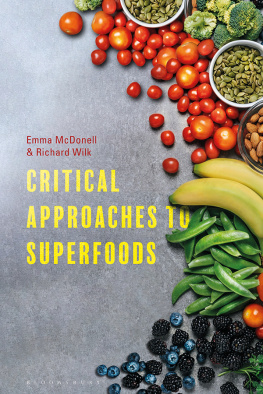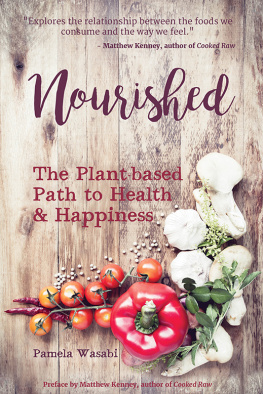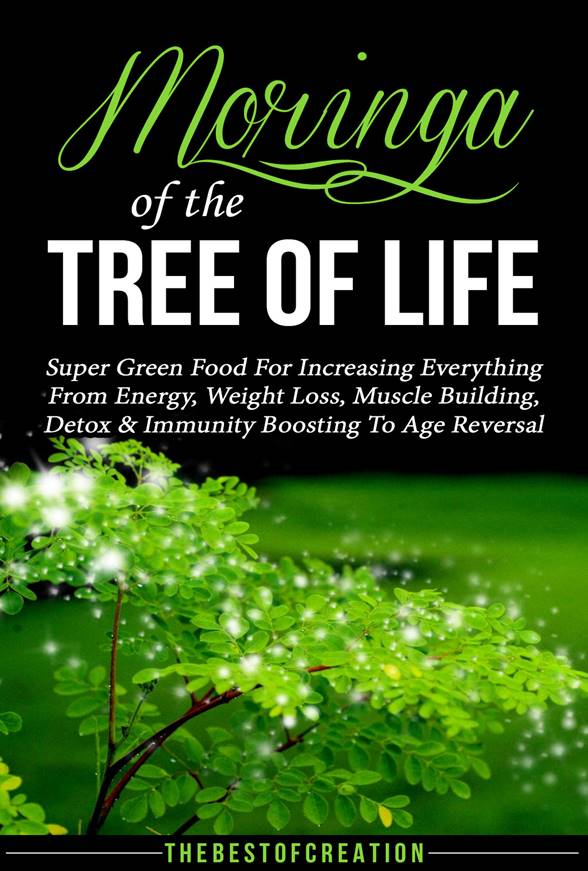
Table of Contents
All Rights Reserved
No part of this publication may be reproduced, distributed, or transmitted in any form or by any means, including photocopying, recording, or other electronic or mechanical methods, without the prior written permission of the publisher, except in the case of brief quotations embodied in critical reviews and certain other noncommercial uses permitted by copyright law.
Note to the Reader
While the authors of this book have made reasonable efforts to ensure the accuracy of the information contained herein, the author and publisher assume no liability with respect to loss or damage caused, or alleged to be caused, by any reliance on any information contained herein and disclaim any and all warranties, expressed or implied, as to the accuracy or reliability of said information. The authors make no representations or warranties with respect to the accuracy or completeness of the contents of this work and specifically disclaim all warranties. The advice and strategies contained herein may not be suitable for every situation. It is the complete responsibility of the reader to ensure they are adhering to all local, regional and national laws. This publication is designed to provide accurate and authoritative information in regard to the subject matter covered.
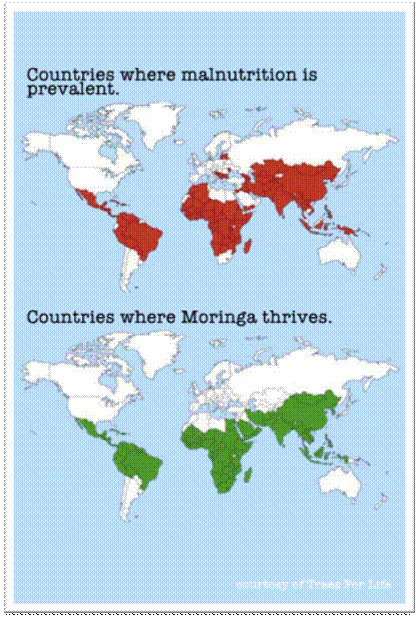
Let thy food be thy medicine and thy medicine be thy food. If it is the greatest truth that you seek, the plants can direct you
Nutrient Deficient Society
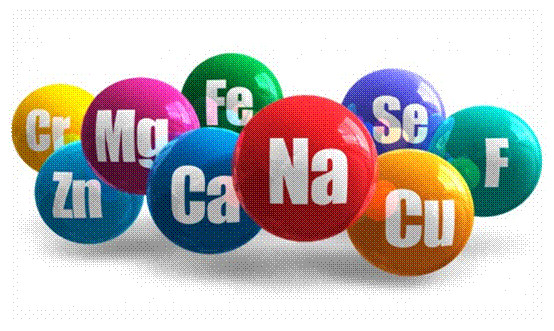
99% of the American people are deficient in minerals, and a marked deficiency in any one of the more important minerals actually results in disease
First and foremost we must ponder and reflect on the fact that we are ultimately made of the Earth and the underlying notion behind what it means to be composed of her elements. The same chemical elements found in soil make up our bodies. Therefore; the food we choose to consume must come from a source that is derived from the Earth; composed of minerals from nutrient rich soil.
Majority of the foods people buy today in grocery stores are grown in mineral deficient soils. Food crops grown on depleted soils produce foods with lack of nutrition which causes malnourished bodies fall prey to all sorts of diseases. When we lack minerals, we lack vitamins, because minerals are catalysts to vitamins in the body.
Vegetables and fruits need more than just sunlight and water. In order to grow, they require a variety of different nutrients. In natural environments such as prairies and forests, plants obtain most of their necessary nutrients from minerals found within the soil. When these plants die, they fall to the ground, decompose, and release nutrients back into the soil, making them available for new plants to absorb. In this way, nutrients are recycled with each generation.
On farms, the nutrient cycle is somewhat different. Since crops are continually harvested or eaten by grazing livestock, there is no steady supply of decaying plant material to replenish nutrient levels within the soil. Instead, nutrients must be restored by adding fertilizers to the soil.
Traditionally, agricultural soils were fertilized using livestock manure, which is rich in nutrients and organic matter. Farmers also practiced crop rotation, regularly alternating the types of crop grown in various fields and periodically allowing fields to remain unplanted. This process enables organic matter to accumulate and decompose, thus restoring nutrients to the soil.
Industrial agriculture has dramatically altered the nutrient management practices used on farms. Today, industrial farms no longer raise animals and crops together; instead, livestock are raised on enormous concentrated animal feeding operations (CAFOs ), and crops are mass-produced on separate farms. Although CAFOs generate tremendous amounts of manure, its too costly to transport it to other cropland for use as fertilizer.
Instead, todays large-scale industrial farms depend on synthetic, manmade chemical fertilizers to support high-intensity crop systems. Unfortunately, synthetic fertilizers are often over applied to cropland. In fact, its estimated that only about half of all fertilizers are actually absorbed by plants; the remaining chemicals pollute the atmosphere, soils and waterways. The enormous amount of manure generated also causes significant pollution problems. In order to avoid the expense of treating or transporting this animal manure, CAFOs typically store the waste in huge open-air pits, or "lagoons," and eventually spray the untreated liquid manure onto surrounding land. The over-application of synthetic fertilizers and manure both contribute to the growing problem of nutrient pollution.
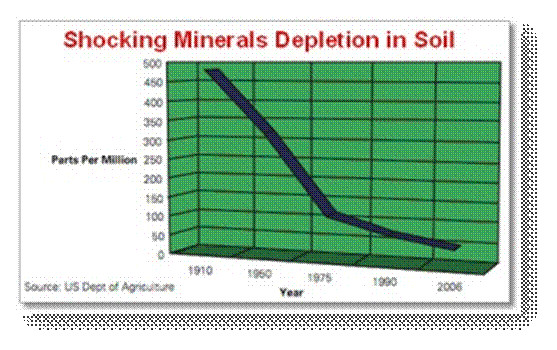
Soil Depletion It would be overkill to say that the carrot you eat today has very little nutrition in it but it is true that fruits and vegetables grown decades ago were much richer in vitamins and minerals than the varieties most of us buy today. The main culprit in this disturbing nutritional trend is soil depletion: Modern intensive agricultural methods have stripped increasing amounts of nutrients from the soil in which the food we eat grows. This is the number one reason that most Americans are mineral deficient. Soil depletion has been well documented since the US Senate made their study back in 1936. Even organically grown vegetables are lacking in minerals. Organic farming only addresses the pesticide/chemical issues most typically.
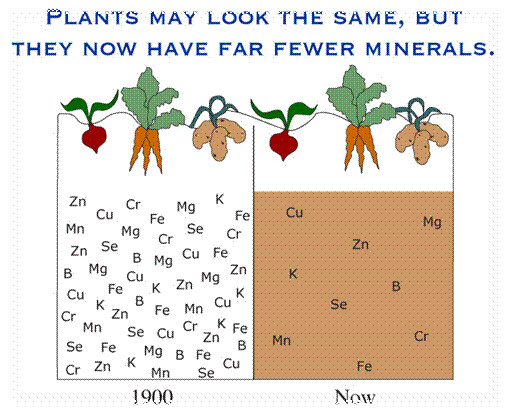
Minerals originate from soil. Unlike vitamins, they cannot be made by people, animals, or other living systems. Minerals in the soil are taken up by plants and then get passed on to humans and other animals that eat those plants.
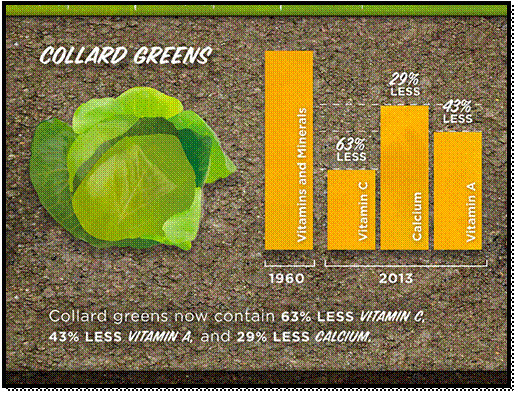
Minerals are often referred to as trace elements because humans need only small amounts of them. There are specific recommended dietary allowances for minerals. But because less is known about every specific mineral, there are only safe and adequate daily ranges for them. The low end of the range prevents deficiencies that can impair your bodys function; the high end of the range is below toxic doses.
Supplementation with minerals is not a simple solution. It is not enough to supplement with one mineral to fix a specific deficiency, though for short periods of time with extreme symptoms it can certainly be helpful. But, knowing how to approach this can be tricky. I personally suggest supplementing with Moringa or otherwise with someone qualified to help you balance your minerals safely if you are looking to supplement.
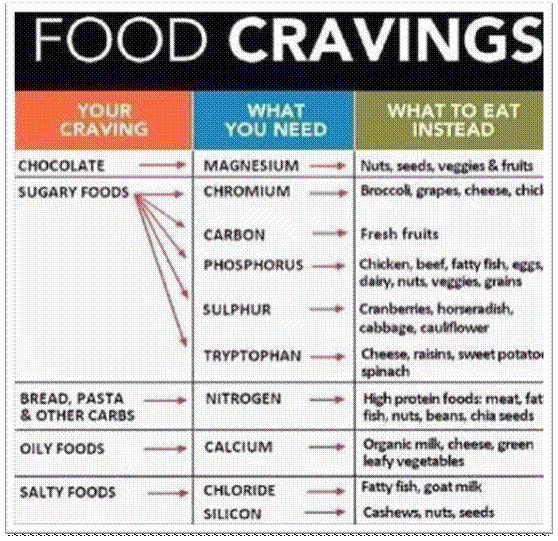
Its not enough to test the blood to find out the bodys mineral status. I can recall a few years back when I visited my doctor for blood test for iron deficiency, which is common among black males. My doctor suggested iron pills and retested my blood and sure enough, it would show my iron levels were back up. But in reality iron deficiency only counts for 1/3 of the problem I was facing. What caused the iron deficiency in the first place? Those were never addressed. Not only that, but if I was lacking in iron, what about the other vitamins that work synergistically with iron?
Next page



